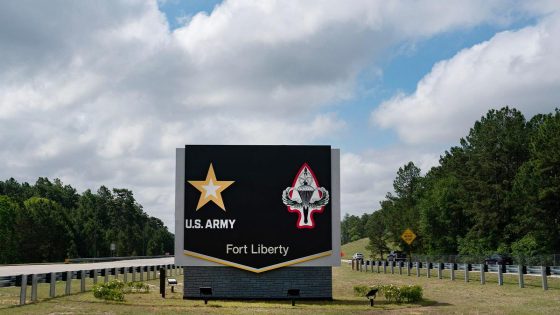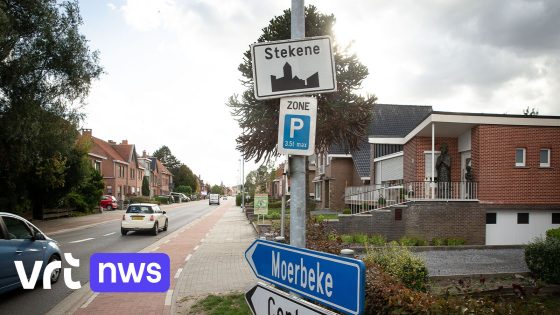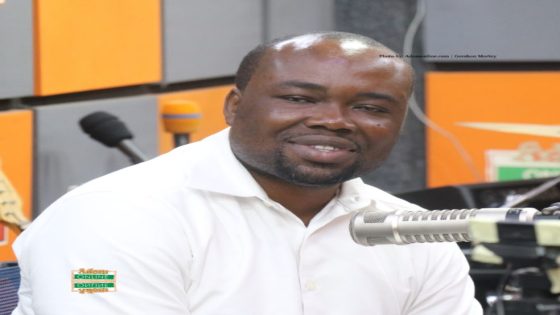The Pentagon announced it will revert the name of Fort Liberty back to Fort Bragg, a decision made on February 11, 2025. This change comes after a previous renaming effort aimed at removing names honoring Confederate generals. The new designation will honor Private First Class Roland L. Bragg, who received a Silver Star for his service during World War II.
- Fort Liberty renamed back to Fort Bragg.
- New namesake: Private First Class Roland L. Bragg.
- Trump criticized the base renaming decision.
- Hegseth opposed the previous name change.
- Base home to Army's Special Operations forces.
- Name change costs unclear after reversal.
Pentagon Press Secretary John Ullyot stated that this decision reflects the base’s history of honoring selfless service and sacrifice. The base is home to key military units, including the Army’s Special Operations and Airborne forces.
The decision to rename Fort Liberty back to Fort Bragg follows significant public discourse around military installations named after Confederate figures. Initially renamed in June 2023 as part of a congressionally mandated effort, the base will now honor Private First Class Roland L. Bragg for his valor during World War II rather than General Braxton Bragg, who fought for the Confederacy.
Key details surrounding this change include:
- The renaming process was initiated by Congress through defense authorization bills.
- Fort Bragg serves as a critical hub for rapid deployment military operations.
- The cost implications of reverting the name are still under evaluation; initial estimates for changing it to Fort Liberty were over $6 million.
Defense Secretary Pete Hegseth has directed the Army to prepare for implementation of this name change while emphasizing its importance in maintaining historical legacy within military ranks. The move also aligns with ongoing discussions about how military installations reflect national values and history.
This reversion highlights ongoing tensions between historical recognition and contemporary values within U.S. military culture, as well as broader societal conversations about race and history in America today.
































